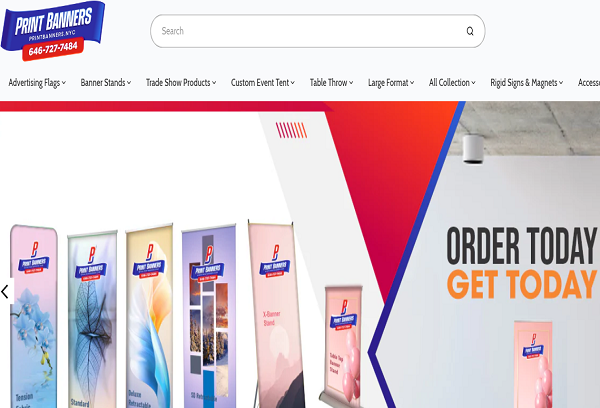Is Your Conversion Data Misleading You? 7 Common Google Ads Tracking Issues
- July 5, 2025
- SEO
Conversion tracking is one of those things many advertisers set up once and assume it’s good forever—until something breaks in a big way.
Before you blame underperforming campaigns, your targeting, or even your creative, it pays to look at your tracking setup first. When your conversion data is wrong, every decision you make—from budgeting to bidding—can steer you in the wrong direction.
In this article, we’ll walk through seven of the most common conversion tracking pitfalls in Google Ads and how you can fix them before they quietly wreck your results.
1. Conversion Tracking Isn’t Set Up Properly
This is still the #1 reason conversion data goes off the rails. Sometimes, tracking is missing entirely, firing on the wrong page, or duplicating conversions.
For example, if your thank-you page triggers a conversion each time it loads, users who refresh the page could triple your numbers. Meanwhile, your backend records a single sale.
How to fix it:
- Double-check that each conversion action in Google Ads is clearly defined.
- Use Google Tag Manager to centralize your tracking and avoid duplication.
- Test your setup with Google Tag Assistant or GTM’s Preview Mode to confirm conversions only fire once per actual action.
2. Tracking Low-Value or Secondary Conversions
Not every action is worth optimizing toward. Metrics like scroll depth, video views, or time on site can help you understand engagement—but they shouldn’t be treated as primary conversions.
When you optimize bidding toward these softer actions, you risk pouring budget into activities that look nice on paper but don’t drive revenue or qualified leads.
3. Data Doesn’t Match Between Google Ads and GA4
It’s common to see Google Ads and GA4 reporting different numbers for the same events. The discrepancies often come down to:
- Attribution model differences (e.g., last click vs. data-driven)
- Reporting window mismatches
- Inconsistent event definitions
What to do:
- Ensure your Google Ads and GA4 accounts are properly linked.
- Audit attribution models in both platforms and align them where possible.
- Understand which events each platform is counting and why.
4. GCLID Is Missing or Broken
Without the GCLID (Google Click Identifier), Google Ads can’t attribute conversions to specific clicks—so your results end up underreported.
How to fix it:
- Make sure auto-tagging is enabled in Google Ads.
- Confirm the GCLID persists across your entire user journey, including multi-step forms and CRM integrations.
- Collaborate with developers to ensure no platform overwrites or drops GCLID data.
5. Privacy Settings and Consent Mode Are Blocking Data
In regions with strict privacy laws like GDPR, if a user declines consent, Google tags may not fire, leaving conversions untracked.
Solution:
- Implement Consent Mode so your tags adjust behavior based on consent status and can model conversions where possible.
- Combine Consent Mode with first-party data strategies and server-side tagging.
- Be aware that modeled conversions won’t fully restore lost data, but they can help fill in gaps responsibly.
6. Offline Conversions Are Delayed or Missing
If you close sales over the phone or in person, you need to import those offline conversions. But when uploads are inconsistent or missing identifiers, conversions won’t be mapped back to the original ad click.
What you should do:
- Set up a consistent schedule to import offline conversions—daily or weekly works best.
- Always include GCLID and timestamps to maintain click-level attribution.
- Check Google Ads for upload errors, as even small formatting issues can prevent conversions from registering.
7. Tagging Conflicts or Technical Errors
Sometimes your tracking setup looks perfect on paper, but technical conflicts can break it.
Common culprits:
- Conflicting scripts
- Outdated plugins
- Tags that fire conditionally or in the wrong order
Pro tips:
- Use Tag Assistant and GTM’s Preview Mode to test regularly.
- Avoid conditional tag loading unless absolutely necessary.
If you’re ready to stop guessing and start scaling your campaigns with reliable, actionable data, the team at Earn SEO can help. As a trusted provider of PPC services in New York, they specialize in Google Ads management, conversion tracking audits, and data-driven optimization that delivers measurable results. Don’t let hidden tracking issues drain your budget. Contact us today for a complimentary consultation and see how clean, accurate data can transform your ROI.
Earn SEO was established in 2011 by Devendra Mishra, a highly educated professional with varied training and experience. Mr. Mishra is responsible for business development, attracting new Earn SEO partners, and interacting with clients, the media and press, and acting as Brand Ambassador.
Devendra Mishra
Founder





































